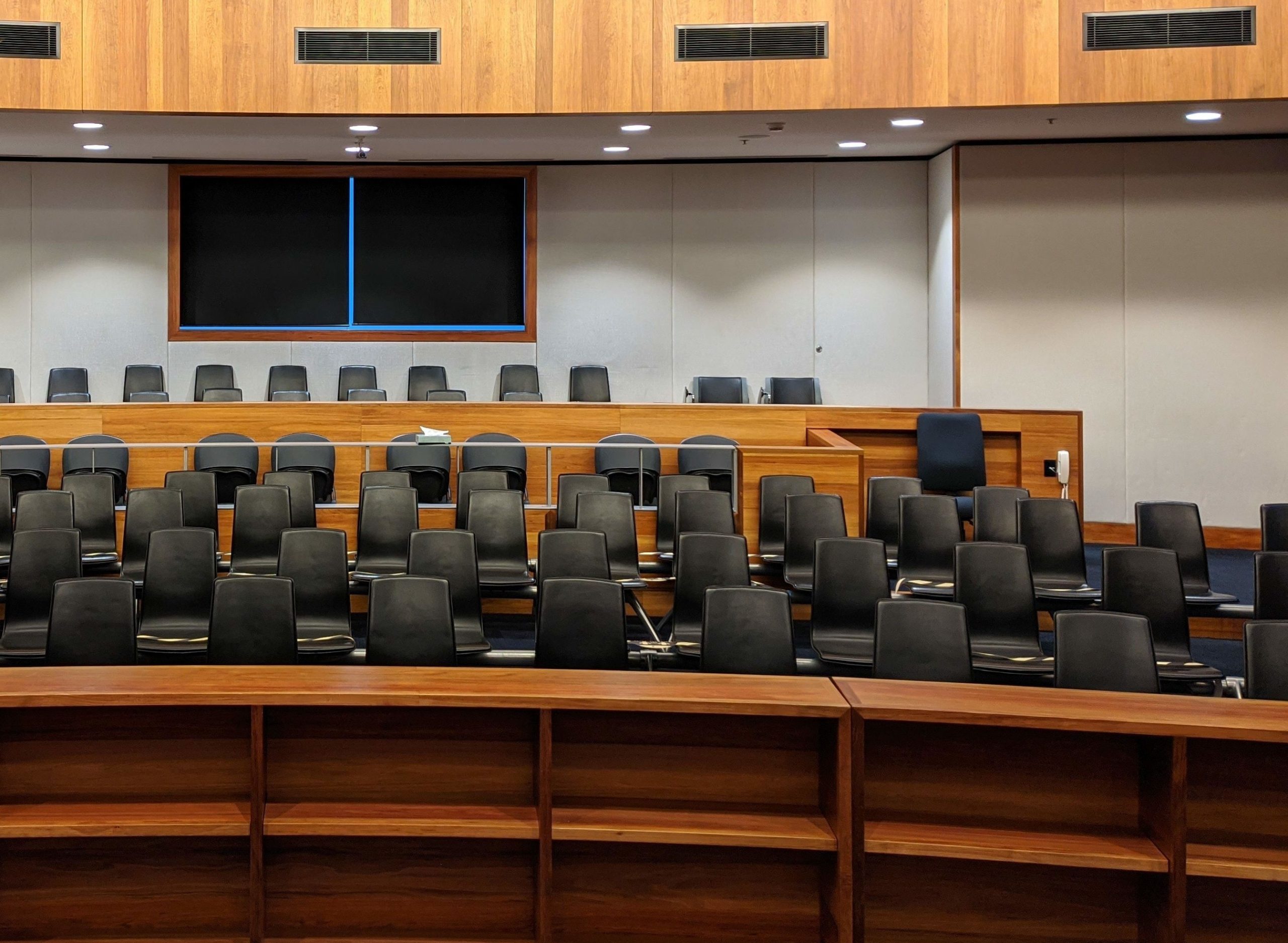Court lawyers navigate a demanding world where even the act of eating becomes a calculated decision. For many, the intense focus required during court proceedings leaves little room for distractions, including those caused by food. The effects of eating—drowsiness, sluggishness, or even the discomfort of a heavy meal—are risks some lawyers consciously avoid, prioritizing sharpness and alertness over sustenance.
Breakfast is often skipped entirely, as early mornings are consumed by preparation or commuting. If anything, a strong coffee or tea suffices, offering just enough energy without the heaviness of food. For those who do eat, it’s usually something minimal—a piece of fruit or a small, easily digestible snack—chosen more for its convenience than its nutritional value. The goal is to avoid anything that could cloud the mind or weigh on the body during crucial arguments or cross-examinations.
Lunch, too, is often sacrificed. With hearings and client meetings stacked back-to-back, many lawyers simply don’t have the time or the inclination to eat. Some prefer to remain in a fasted state, claiming it keeps their minds sharp and their energy focused. For others, a light snack—perhaps a handful of almonds or a protein bar—might be the only thing consumed during the day, enough to stave off hunger without compromising performance.
Evenings, however, tell a different story. After the demands of the courtroom are over, some lawyers finally allow themselves the indulgence of a proper meal. Dinner becomes a time to refuel, but also to unwind, reflecting on the day’s challenges and victories. Yet even then, habits of restraint often linger, with meals chosen for their simplicity or practicality.
For many lawyers, food isn’t about pleasure or routine. It’s another element to manage in their high-pressure lives, carefully balanced to ensure it serves their relentless pursuit of effectiveness.

Leave a Reply